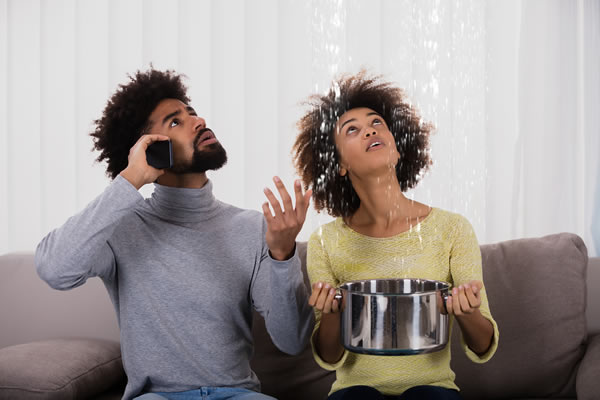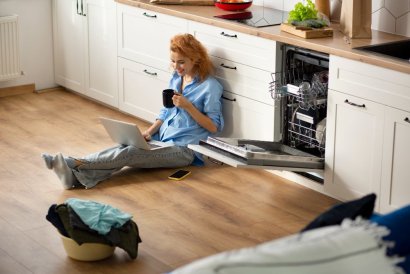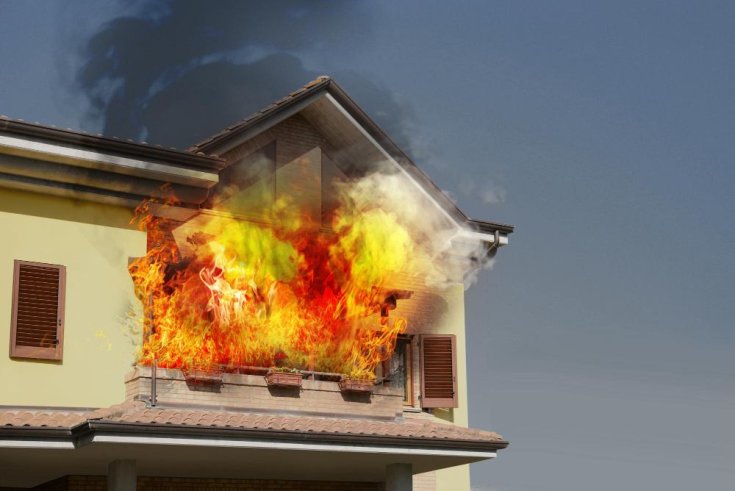Do’s and Don’ts of Flood Damage
The devastation caused by flooding can leave you wondering what to do first. Should you contact your insurance company? Should you salvage anything from the house? What’s next? Homeowners and businesses impacted by flooding can easily become overwhelmed. That’s when to call Tidal Wave Restoration! Understanding how to approach flood damage is vital to restoring your life and preventing further damage. The tips below will help you assess property flood damage, recover belongings, and safely manage water damage cleaning.
Assessing Property Flood Damage
Flood damage can cause significant damage to your home and belongings. If you suspect flood waters have damaged your home, taking action as soon as possible is essential.
Flooding can occur for various reasons, including storms, heavy rain, and snowmelt. The type of flooding that occurs depends on the cause — for example:
- Flash flooding occurs when water levels rise quickly in a short amount of time, usually due to intense rainfall from a storm or hurricane. Flash floods can be dangerous and deadly because they can catch people by surprise.
- River flooding is caused by rising water levels in rivers and streams due to heavy rains or snowmelt upstream. Riverine floods are much less common than flash floods but can still cause significant damage if they happen near your home.
- Surge flooding occurs when waves break over the coast, causing water levels to rise rapidly even though there may not be any rainfall (or significant rainfall).
What To Do After Flood Damage
A flood can be devastating. You may have lost personal belongings and precious documents. Your home may be damaged, and you may need to repair your foundation.
Unfortunately, most homeowners do not know what to do after a flood. Here are some tips on how to deal with flood damage:
- Contact your insurance company right away. They will tell you what steps to take next.
- Take pictures of the damage inside and outside your home before you start cleaning up or repairing anything. This way, you have proof if there are any disputes about payment for damages or an insurance claim later on down the road.
- Put on rubber gloves and safety goggles before starting any cleanup work. Do not touch anything that has come into contact with flood water without wearing protective gear!
- Wash all surfaces with soap and water before cleaning up debris outside your home or attempting any repairs.
- Be careful when cleaning up debris outside your home because it can contain harmful bacteria that can make their way into your lungs if inhaled.
What Not To Do After Flood Damage
Flood damage can be devastating, but it doesn't have to be. You can ensure your home is repaired properly and quickly with the correct information and patience.
Here are some tips on what not to do after a flood:
- Keep the water from drying up on its own. Water may seem like it's gone, but if it has been in contact with raw sewage or chemicals, it may still be contaminated. Letting the water dry up on its own could cause serious health issues for you and your family in the future.
- Don't use your home if there is any chance of contamination from sewage or chemicals. Even if the water has dried up, there may be enough moisture left behind for harmful bacteria to grow and spread throughout your home. The longer you wait before calling a professional contractor out to assess the damage, the more likely it will be that you'll have to pay more money later on down the line to fix any issues that arise from improper cleanup methods.
- Only touch something once you know whether or not it's safe to do so. It might seem common sense not to touch anything that looks wet or damaged, but sometimes people get carried away when they're excited about returning to their homes after a flood event.
Stay Safe With Tidal Wave Restoration
Flood damage is a complicated issue, and there is no single set of "right" or "wrong" answers. But armed with the correct information and guidance, you can make a decision that will help to minimize your losses. At Tidal Wave Restoration, we aim to provide that guidance every step of the way, whether before and after a flood or if you need advice on mold removal following a flood. We are a go-to destination for water damage restoration services.


 December 11,2023
December 11,2023

 December 06,2023
December 06,2023